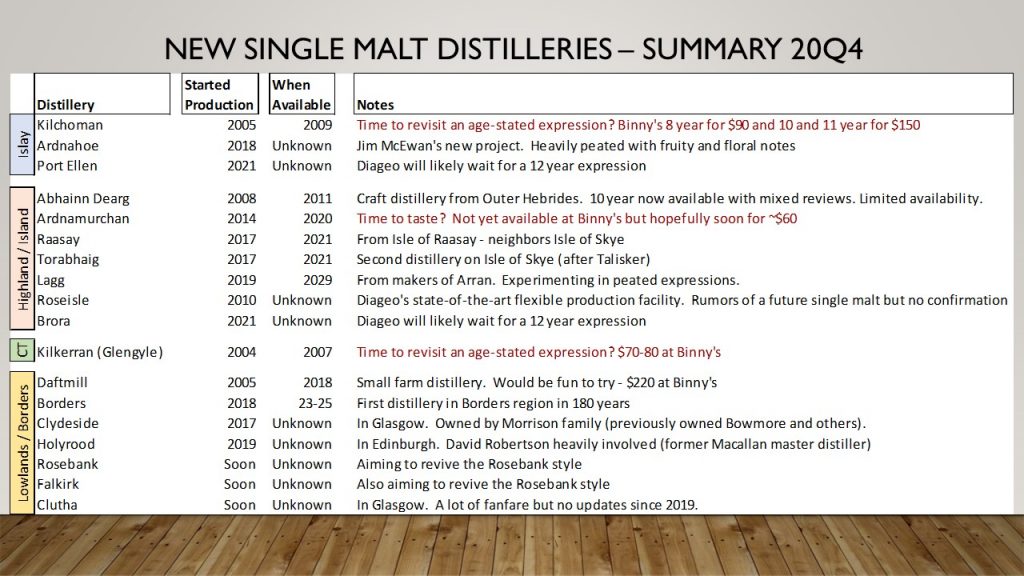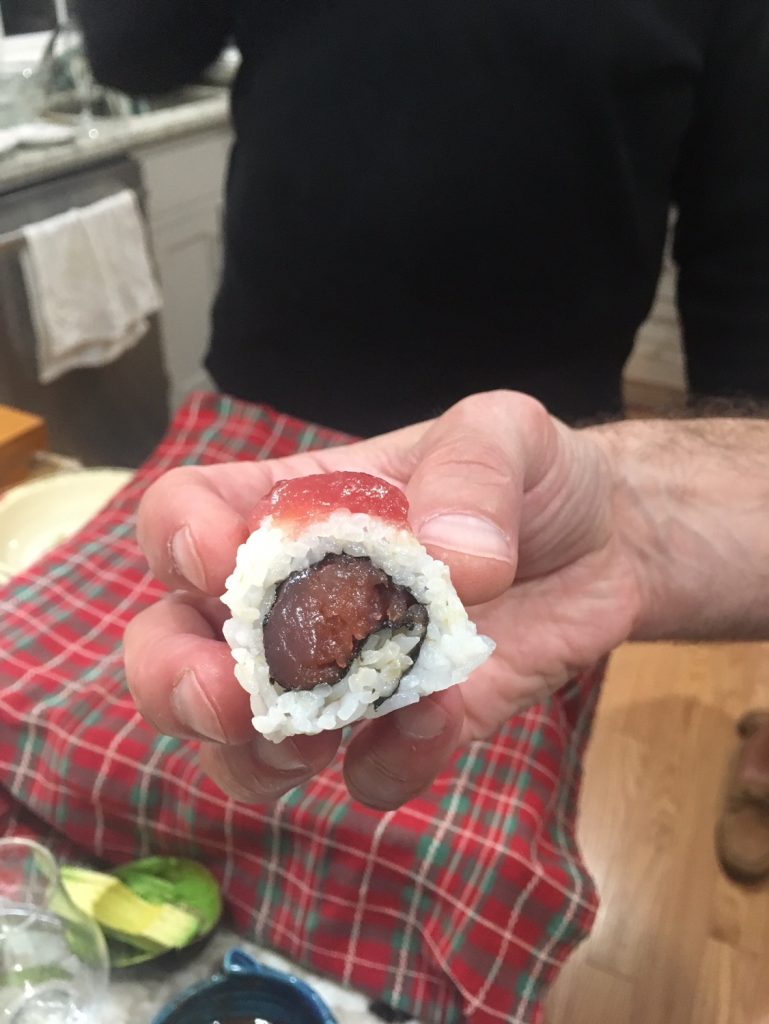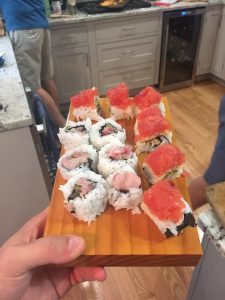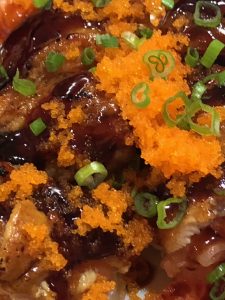I’m just going to cut and paste this article for you all. Fun.
Pope Francis said whisky is ‘real holy water’ in censored clip
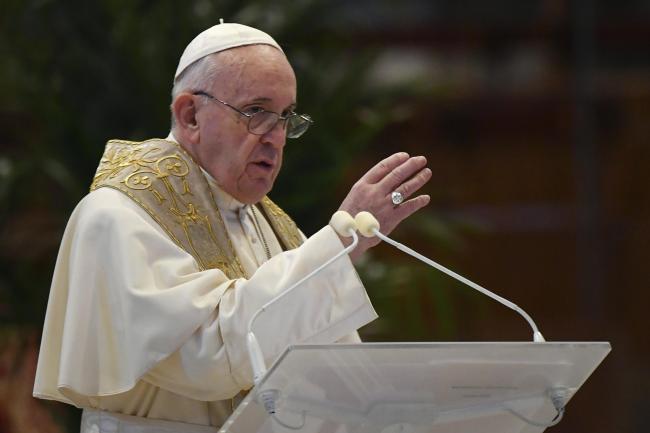
Pope Francis’s comments were censored ahead of a new documentary
A CLIP of Pope Francis holding Scotch whisky and saying it is “the real holy water” was censored ahead of a new documentary about Scottish seminarians in Rome.
The clip showed the Pope accept a bottle of Oban malt from some Scottish student priests at an event at the Apostolic Palace last year.
Vatican media said the quip should be cut from the film before it could be broadcast this weekend.
Director Tony Kearney who made the one-hour documentary Priest School for the BBC with his company Solus Productions said they’d filmed the Pope’s meeting with the students during the 18-month project.
Kearney said the Pope was “really down to Earth with them all” and didn’t opt for the usual procedure when handed the bottle of whisky as a gift.
He said: “When they handed him the bottle, instead of just handing it to his assistant as he normally would with a gift, he held it up and said ‘questa e la vera acqua santa’ – which means this is the real holy water.
“He guffawed with laughter and it was a real ice-breaker with the students and put everyone at ease.
“But we’d agreed that the Vatican’s media office would be allowed to approve all of our footage before we broadcast it.
“So we sent them the files and when they sent it back that bit of him saying that was cut out.
“We were really annoyed at first, but they insisted they didn’t want the Pope to be seen to be endorsing whisky.”
While visiting the Scotch Library at the Westin Kierland in Scottsdale, AZ Brother Rambler executed his duty as a single malt ambassador, as a member of the KOTQ – Chicago, in exemplary fashion. I recount his tale here…
“I went back to the Scotch Library with a group of fairly inexperienced people. The guy was going through his spiel on single malts: nosing, tasting, etc. He recognized that I knew what I was doing and said at one point to the group, “there’s only one rule of single malt, and I’ll let this gentleman tell you what it is.” So, I naturally said the rule that the KOTQ – Chicago was founded upon, “all single malts are good…it’s up to you find the good in it”. He was going in a different direction (was going to say there aren’t any rules and you should drink it how you enjoy it), but then said, “I like that rule a lot, going to use that in the future.” Rambler: being an Ambassador everywhere!
Summer sushi event at Bop’s: An ad hoc KOTQ tasting
Jul 29Here at the KOTQ we believe in the synergies between single malt scotch and sushi. With that in mind when I had Rambler, Badger, Irving, with soon to be inducted G-Man and guest Jabes along with several other people over for one of my home-made sushi events the members stepped up big time and brought enough single malts to produce a tasting sidebar to the sushi event.
Rambler brought Clynelish 14 which paired early and often with spicy tuna and sakana san shu (yellowtail, salmon, and ahi oromaki).
Badger brought Tobermory 10 which paired wonderfully with the fire and red dragons.
The piece de resistance was Irving’s lending some of his legendary Littlemill 8 which was the perfect accompaniment to the double salmon (spicy down the middle, salmon on top).


